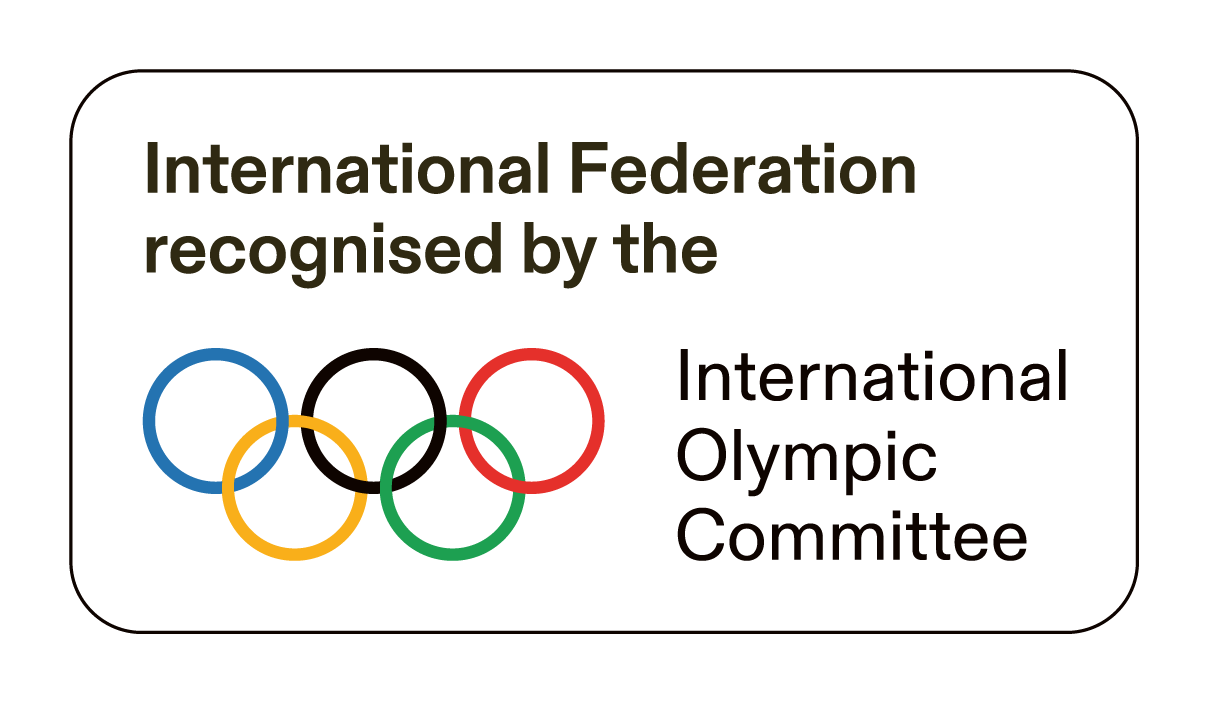The Rules of Ultimate
Key New Rule
Annotation
Diagram
Difference to USAU
Video Guide
1. Spirit of the Game
1.1. Ultimate is a non-contact, self-officiated sport. All players are responsible for administering and adhering to the rules. Ultimate relies upon a Spirit of the Game that places the responsibility for fair play on every player.
1.2. It is trusted that no player will intentionally break the rules; thus there are no harsh penalties for inadvertent breaches, but rather a method for resuming play in a manner which simulates what would most likely have occurred had there been no breach.
1.2.1. If there is a deliberate or egregious breach of the rules or Spirit of the Game, the captains should discuss this and determine an appropriate outcome, even if that outcome is not in accordance with a specific rule.
1.3. Players should be mindful f the fact that they are acting as referees in any arbitration between teams. Players must:
1.3.1. know the rules;
1.3.2. be fair-minded and objective;
1.3.3. be truthful;
1.3.4. explain their viewpoint clearly and briefly;
1.3.5. allow opponents a reasonable chance to speak;
1.3.6. consider their opponent’s viewpoint;
1.3.7. use respectful words and body language with consideration of potential cultural differences;
1.3.8. resolve disputes as quickly as possible, using respectful language;
1.3.9. make calls in a consistent manner throughout the game; and
1.3.10. only make a call where a breach is significant enough to make a difference to the outcome of the action.1.4. Highly competitive play is encouraged, but should never sacrifice the mutual respect between players, adherence to the agreed-upon rules of the game, player safety or the basic joy of play.
1.5.The following actions are examples of good Spirit:
1.5.1. retracting a call when you no longer believe the call was correct;
1.5.2. checking in with an opponent on the sideline after a contentious interaction;
1.5.3. complimenting an opponent for good play or Spirit;
1.5.4. introducing yourself to your opponent; and
1.5.5. reacting calmly towards disagreement or provocation.
1.6. The following actions are clear violations of the Spirit of the Game and must be avoided:
1.6.1. dangerous play and aggressive behaviour;
1.6.2. intentional fouling or other intentional rule breaches;
1.6.3. taunting or intimidating opposing players;
1.6.4. celebrating disrespectfully after scoring;
1.6.5. making calls in retaliation to an opponent’s call;
1.6.6. calling for a pass from an opposition player; and
1.6.7. other win-at-all-costs behaviour.
1.7. Teams are guardians of the Spirit of the Game, and must:
1.7.1. take responsibility for teaching their players the rules and good Spirit;
1.7.2. discipline team-mates who display poor Spirit;
1.7.3. provide constructive feedback to other teams about what they are doing well and/or how to improve their adherence to the Spirit of the Game; and
1.7.4. call a Spirit Stoppage to address Spirit issues, as appropriate.
1.8. In the case where a novice player is involved in a breach and does not know the rules, experienced players should assist to explain the breach.
1.9. An experienced player, who offers advice on rules and guides on-field arbitration, may supervise games involving beginners or younger players.
1.10. Calls should be discussed by the players directly involved in the play, and by players who had the best perspective
1.10.1. If a player who was not directly involved believes that a team-mate has made an incorrect call, or caused a foul or violation, they should inform their team-mate.
1.10.2 Non-Players, apart from the captains, should refrain from getting involved. However players may seek other peoples' perspectives to clarify the rules, and to assist players to make the appropriate call. Non-Players, apart from the captains, should refrain from getting involved. However players may seek other peoples' perspectives to clarify the rules, and to assist players to make the appropriate call.
1.11. Players and captains are solely responsible for making and resolving all calls.
1.12. If, after discussion, players cannot agree, or it is not clear and obvious:
1.12.1. what occurred in a play, or
1.12.2. what would most likely have occurred in a play,

